In C. S. Lewis's 'The Problem of Pain,' the renowned author delves into the challenging topic of human suffering and the question of why a loving God would allow pain to exist in the world. Written in a concise and thought-provoking style, Lewis explores the theological implications of pain and suffering, drawing on his own deep knowledge of Christianity and philosophy. This book offers valuable insights into the nature of pain, the existence of evil, and the role of suffering in the Christian faith, making it a valuable resource for those seeking to understand the complexities of the human experience. Lewis's clear and logical argumentation coupled with his rich literary background make 'The Problem of Pain' a compelling and insightful read. C. S. Lewis, a respected scholar and theologian, was uniquely equipped to tackle the profound questions posed in 'The Problem of Pain.' His own experiences and studies in philosophy and religion informed his writing, leading to a deeply introspective and intellectual exploration of the topic. Lewis's compassionate and rational approach to the issue of pain resonates with readers of all backgrounds, making this book a timeless and relevant work for those grappling with the mysteries of suffering and faith.
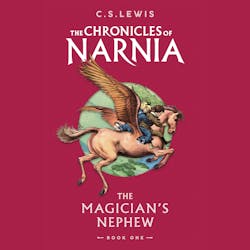
The Magician’s Nephew
C. S. Lewis
audiobook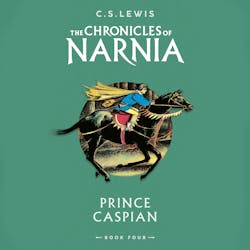
Prince Caspian
C. S. Lewis
audiobook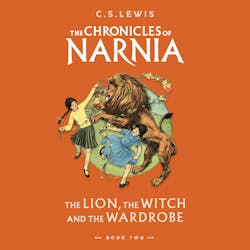
The Lion, the Witch and the Wardrobe: Abridged
C. S. Lewis
audiobook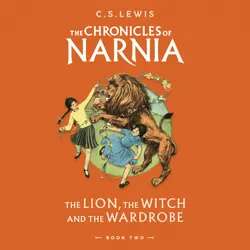
The Lion, the Witch and the Wardrobe
C. S. Lewis
audiobookbook
The Silver Chair
C. S. Lewis
audiobook
The Chronicles of Narnia. The Magician's Nephew
C. S. Lewis
book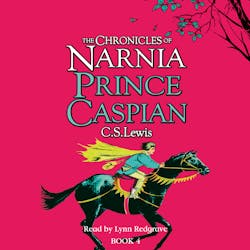
Prince Caspian
C. S. Lewis
audiobook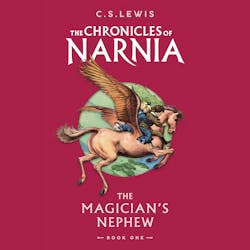
The Magician’s Nephew
C. S. Lewis
audiobook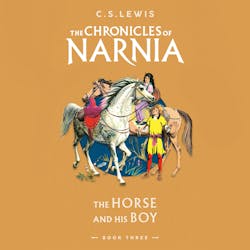
The Horse and His Boy
C. S. Lewis
audiobook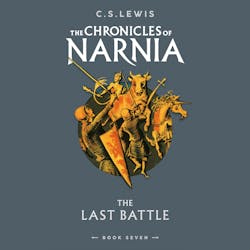
The Last Battle
C. S. Lewis
audiobookbook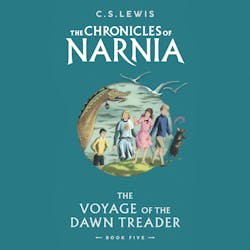
The Voyage of the Dawn Treader
C. S. Lewis
audiobook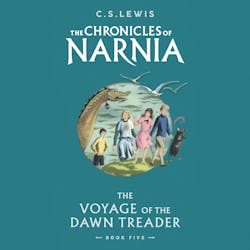
The Voyage of the Dawn Treader
C. S. Lewis
audiobookbook
